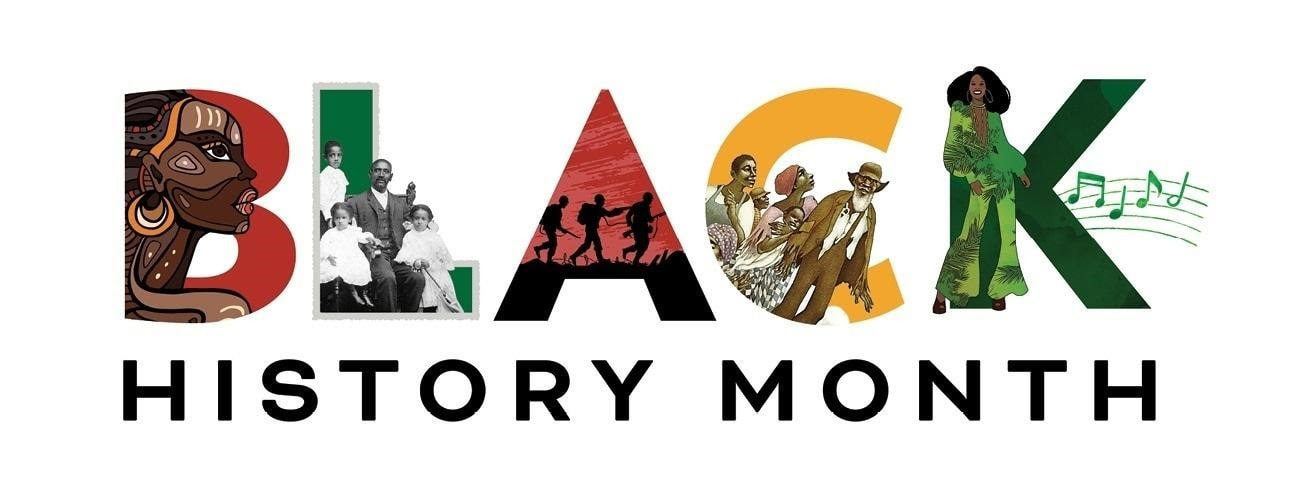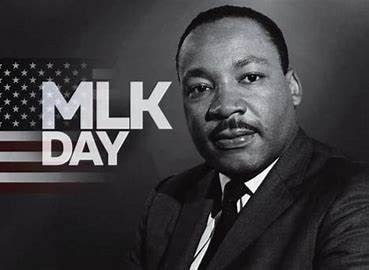|
The Washington State Department of Archaeology and Historic Preservation (DAHP) is pleased to announce an open competitive process to select a consultant to identify and survey historic sites in the State of Washington relating to Black history.
Specifically, we are soliciting the services of historians and architectural historians to identify Black “creators” (architects, designers, engineers, artists, builders, etc) who have made contributions to Washington’s built environment and help tell the full story of Washington state history. The contract award amount is $50,000 and proposals are due December 15, 2021. Link to proposal. A message from LaNesha DeBardelaben, President & CEO of the Northwest African American Museum:
Hello Friends, I am writing to personally invite you to upcoming programs at NAAM that center and celebrate African American history, art, and culture. Starting tonight and going through mid-November, NAAM has organized a plethora of empowering and educational programs that inspire and inform. All programs are free and open to the public. We look forward to seeing you soon. In 1977, U.S. Representatives Norman Mineta and Frank Horton introduced legislation to designate 10 days in May as Pacific/Asian American Heritage Week. U.S. Senators Daniel Inouye and Spark Matsunaga proposed supporting legislation in the Senate. The lawmakers chose May to mark two historical events. On May 7, 1843, the first Japanese immigrant arrived in the United States. More than two decades later, on May 10, 1869, the golden spike was driven into the First Transcontinental Railroad, which was completed using Chinese labor.
President Jimmy Carter signed a joint resolution for the celebration on October 5, 1978. In 1990, George H.W. Bush signed a bill passed by Congress to extend Asian-American Heritage Week to a month, and May was officially designated as Asian-Pacific American Heritage Month two years later. Othering & Belonging Institute hosts live discussion on The 1921 Tulsa Race Massacre, 5/7/215/4/2021
Join us this Friday, May 7 at 1pm PT / 4pm ET for a live discussion marking the centenary of:
The 1921 Tulsa Race Massacre The 1921 Tulsa Race Massacre, which occurred in an area known as “Black Wall Street,” is not mentioned in most American history books, but it is widely regarded as one of the most terrifying events of racial violence to occur in the US. Armed, white mobs murdered hundreds of Blacks and set fire to a prosperous Black area, the Greenwood District, both displacing and economically devastating thousands of residents. This centenary event will feature a lively discussion from a diverse group of panelists who will explore this history, its enduring impacts, and reparations. BUILD HONORS AFRICAN AMERICAN WOMEN IN PUBLIC SERVICE AND GOVERNMENT
March is Women’s History Month. The National Women’s History Alliance selects and publishes the yearly theme, and this year it is the same as last year: “Valiant Women of the Vote.” It is appropriate to carry this theme forward considering the historic role Black women played in the recent elections. This includes the election of Kamala Harris. Harris is the first Black woman, the first Indian-American woman, the first person of Asian-American descent, and the first graduate of a Historically Black College and University (HBCU) to be sworn in as the Vice President of the United States. As she said in her acceptance speech, “(she) may be the first, but (she) will not be the last.” Compiled by BUILD for our Black History Month celebration, 2021.
This is a story of a little boy name Theo, who woke up one morning and asked his mother, "Mom, what if there were no Black people in the world?" Well, his mother thought about that for a moment, and then said, "Son, follow me around today and let's just see what it would be like if there were no Black people in the world." Mom said, "Now go get dressed, and we will get started." “We must never forget that Black History is American History. The achievements of African Americans have contributed to our nation’s greatness.”
- Yvette Clarke, Congresswoman “The month of February marks Black History Month, when our country celebrates the generations of Black Americans whose courage, advocacy and patriotism have enriched our communities and strengthened our democracy. In honoring Black trailblazers and change-makers of the past, we also gain inspiration for the work that still remains to fulfill our sacred responsibility to form a more perfect union. Sadly, Black History Month comes as the scourges of systemic racism, injustice and the ongoing COVID-19 pandemic, which has inflicted a devastating, disproportionate toll on the health and economic stability of communities of color, continues to undermine Americans’ rights and our most fundamental values. In the face of these grave challenges, countless young Black leaders, activists and dedicated citizens have marched, mobilized and are making a difference to advance justice and build a brighter future for all. In this vital mission, we are blessed by the leadership and vision of a record number of Black Members of Congress as well as the historic inauguration of Vice President Kamala Harris, the first Black woman vice president in American History.” - Nancy Pelosi, Speaker of the House, February 1, 2021 From Black pioneers to Seattle hip hop: Learn about Black Washingtonians during February and beyond2/1/2021
NEWS RELEASE: February 1, 2021
MEDIA CONTACT: Julianna Verboort, Marketing and Communications Director, Washington State Historical Society, 253-343-7004 [email protected] From Black pioneers to Seattle hip hop: Learn about Black Washingtonians during February and beyond TACOMA, Wash – Washington State Historical Society (WSHS) will feature two free online lectures to celebrate February’s Black History Month, and is also working with an advisory committee to implement Washington Black History Project initiatives that will educate and enlighten throughout every month of the year. Compiled and submitted by The Washington State Department of Veteran's Affairs in support of Black History Month, 2021.
Born in Atlanta, Georgia, Reverend Dr. Martin Luther King Jr. (January 15, 1929 - April 4, 1968), was a man of great integrity, values and principles. If alive today, Reverend Dr. King would be 92 years old. Leading the effort toward social justice and equality, Reverend Dr. King’s impact went beyond his local community to inspire change in America and the world. In 1964, he was awarded the Nobel Peace Prize.
|
AuthorSOur blog includes but is not limited to events, insights, and highlights to augment basic education. Archives
July 2024
|





 RSS Feed
RSS Feed